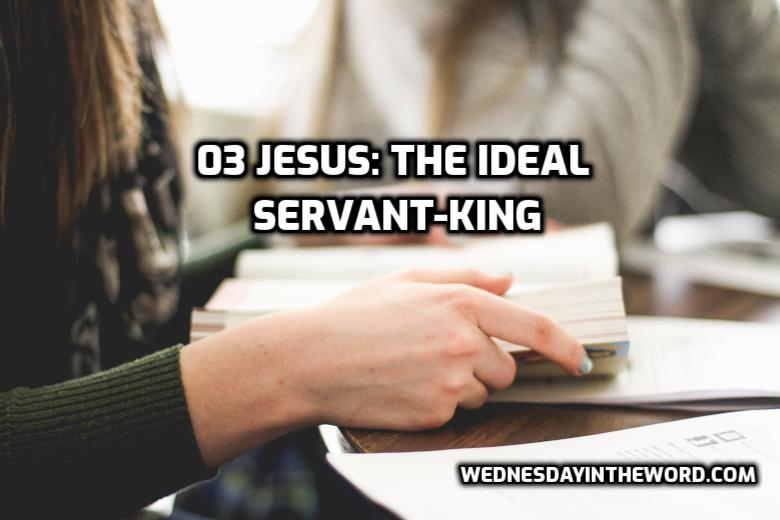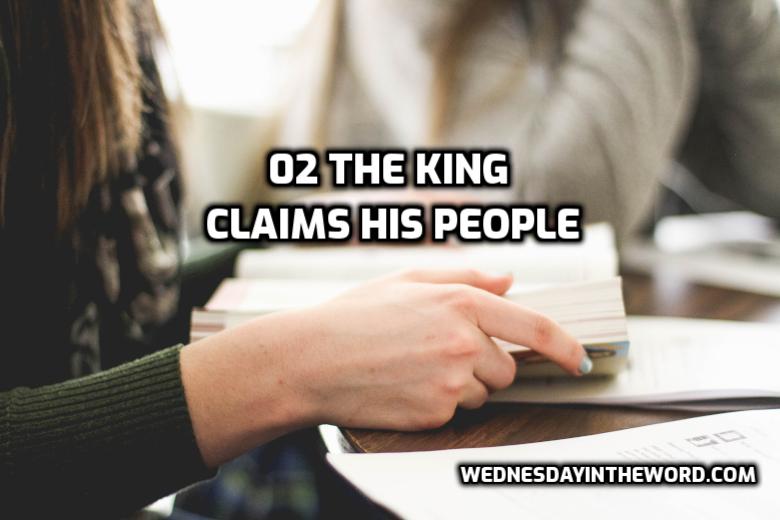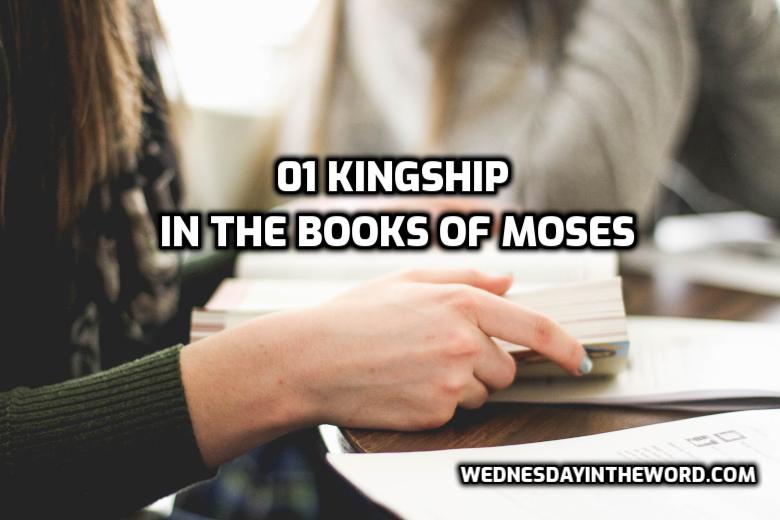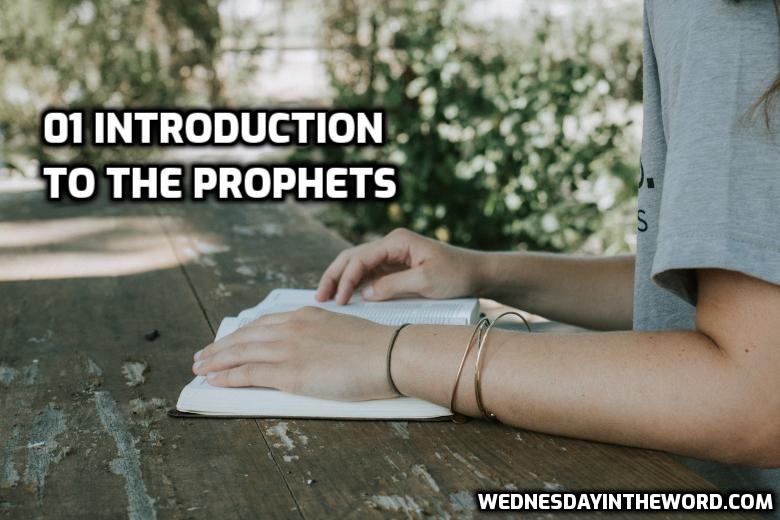
03 Jesus: The Ideal Servant-King
As citizens of God’s kingdom, we ought to reflect our holy king. This is what citizenship in the kingdom of God looks like.

As citizens of God’s kingdom, we ought to reflect our holy king. This is what citizenship in the kingdom of God looks like.

The King redeems His people from Egypt. At Mt Sinai, He explains what it means to be His people. At end of Exodus, He is dwelling with them.

Proper understanding of the Pentateuch can help us understand the Christian life and all of God’s creation. We are part of the biblical narrative – God’s plan to redeem a people for Himself.

How are we to interpret the numerous prophetic predictions of the glorious future restoration of Israel?

In the year Ezekiel should have started his priestly duties, he was in exile in Babylon. Instead the Lord gave him a vision. What exactly did Ezekiel see?

3 reasons why we don’t study the prophets: they’re weird, confusing and they all sound alike. Here’s why it is important to study the prophets.

Dr. Erika Moore is a Professor of Old Testament and Academic Dean at Trinity School for Ministry. She is also one of my favorite teachers, especially when she teaches on the Old Testament.